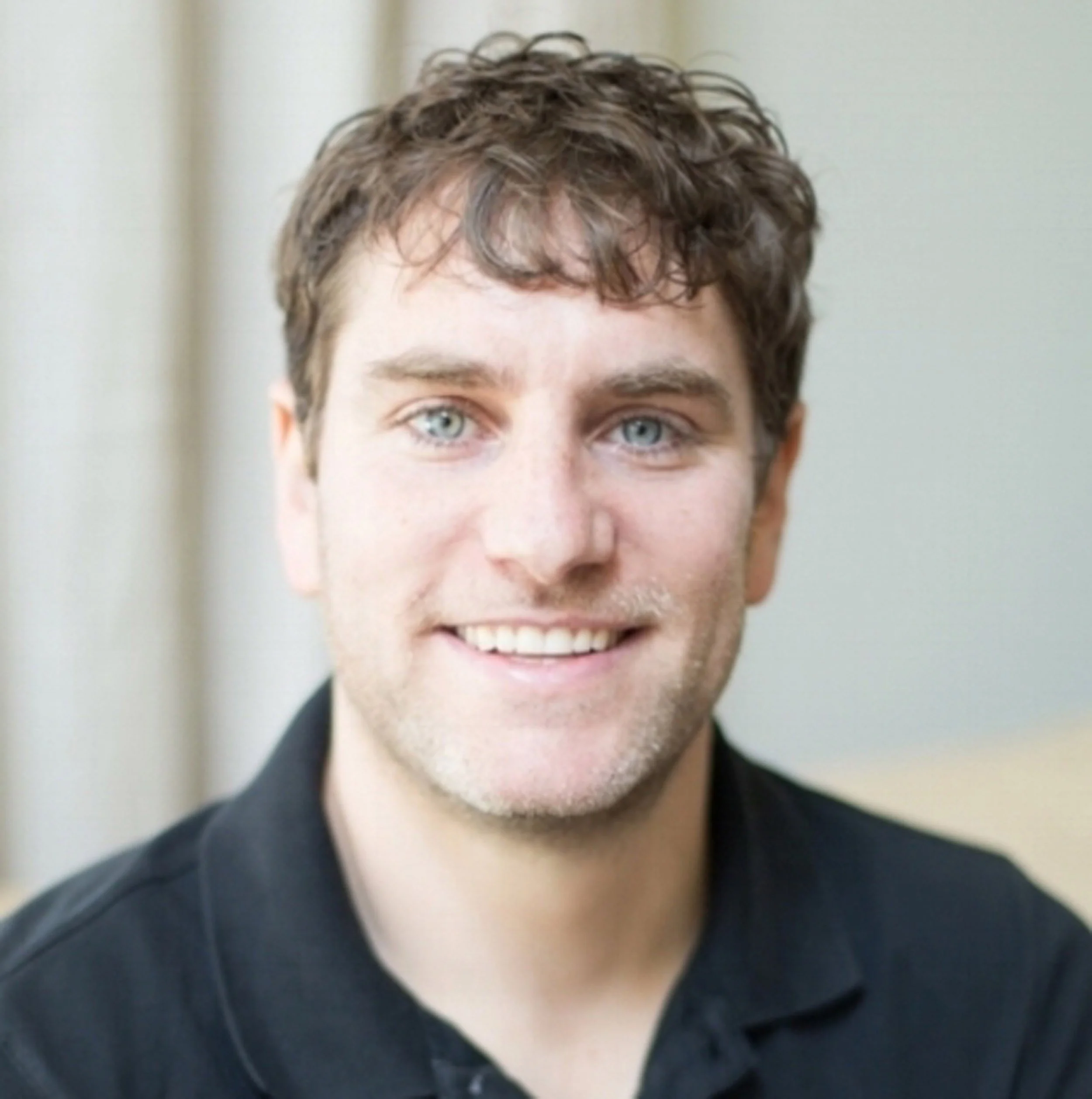Beyond the Surface: Embracing Nature's Complexity with Philosopher KEITH FRANKISH
/Editor of Illusionism as a Theory of Consciousness · Cambridge University Press’ Elements in Philosophy of Mind
Author of Mind and Supermind · Consciousness
What I like about the sort of view I have is that it represents us as fully part of the world, fully part of the same world. We're not sealed off into little private mental bubbles, Cartesian theaters, where all the real action is happening in here, not out there. No, I think we're much more engaged with the world. It's not all happening in some private mental world. It's happening in our engagement with the shared world, and that seems to me a vision that I find much more uplifting, comforting, and rewarding.




